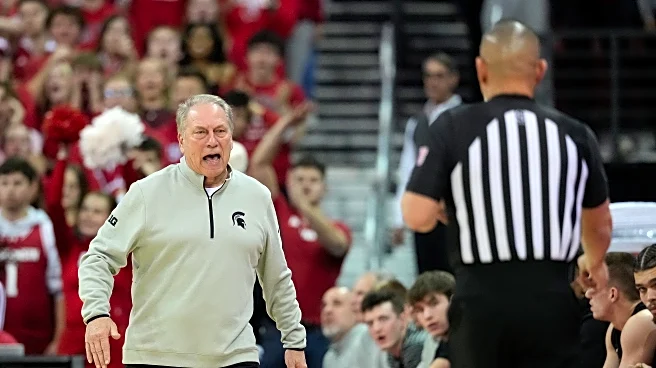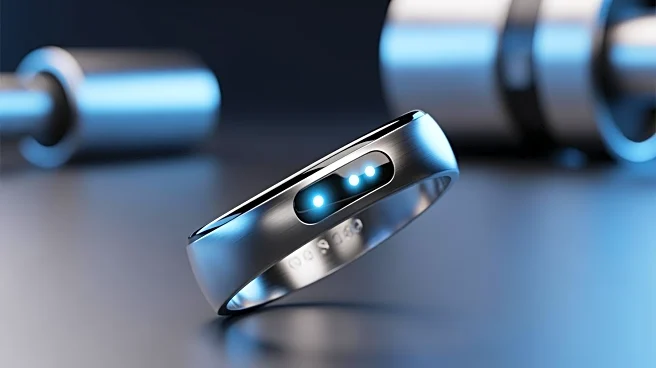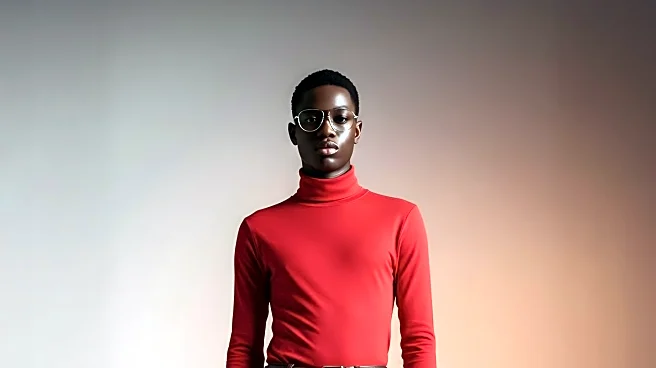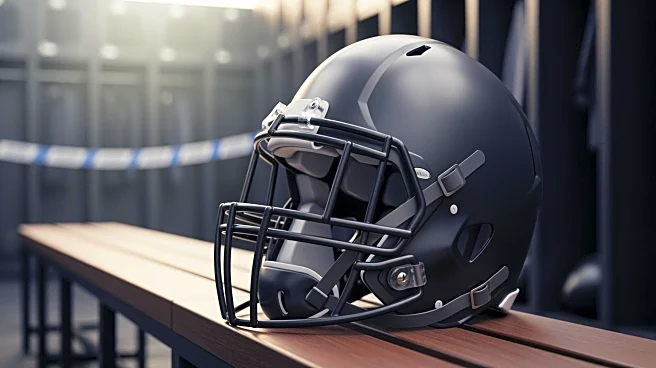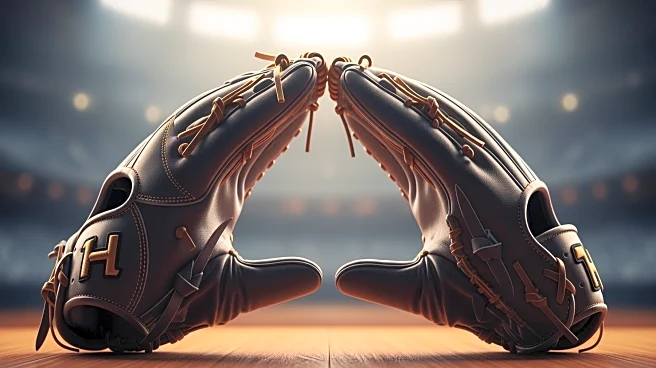What's Happening?
Cardi B, whose real name is Belcalis Marlenis Almánzar, testified in a civil trial denying allegations of assault against a security guard named Emani Ellis. The incident reportedly occurred in 2018 outside an obstetrician's office in Los Angeles. Ellis claims that Cardi B scratched her cheek with a fingernail and spat on her, leaving her traumatized. Cardi B refuted these claims, stating that while there was a verbal altercation, it did not become physical. She accused Ellis of filming her without consent and invading her privacy, which led to the confrontation. Cardi B's lawyer highlighted the star's concern for her unborn child during the incident. Ellis had previously sued Cardi B in 2020 for assault, battery, and emotional distress.
AD
Why It's Important?
The case highlights issues of privacy and celebrity interactions with the public. Cardi B's denial of physical assault underscores the complexities celebrities face in maintaining privacy while in public spaces. The lawsuit could have implications for how public figures manage their interactions with fans and security personnel. If Ellis's claims are proven, it could lead to significant legal consequences for Cardi B, affecting her public image and career. The case also raises questions about the responsibilities of security personnel in handling celebrity encounters and the legal boundaries of such interactions.
What's Next?
The court will continue to hear testimonies and evidence from both parties. A plastic surgeon has testified regarding the scar on Ellis's cheek, which could play a crucial role in the case's outcome. Depending on the court's decision, Cardi B may face legal repercussions, including potential damages. The trial's progression will be closely watched by media and fans, potentially influencing public opinion and Cardi B's future engagements.
Beyond the Headlines
This case may prompt discussions on the ethical considerations of filming public figures without consent and the legal protections available to both celebrities and individuals in such situations. It could lead to broader conversations about privacy rights and the responsibilities of security personnel in managing celebrity interactions.
